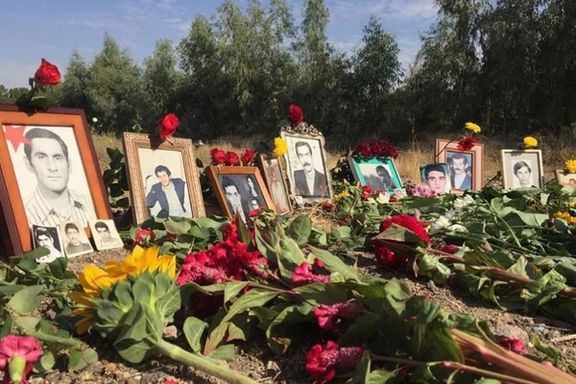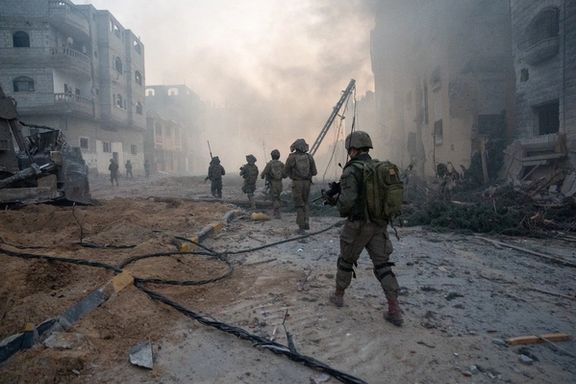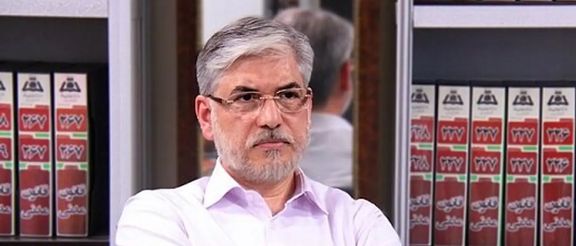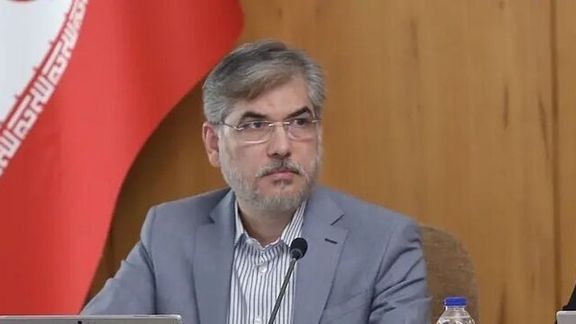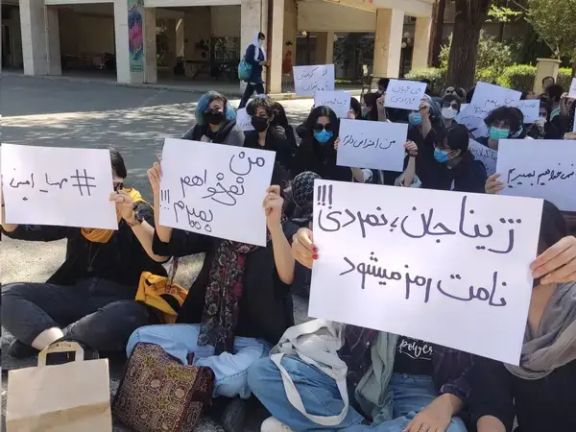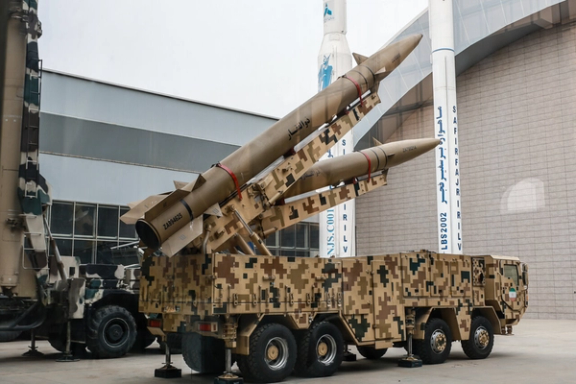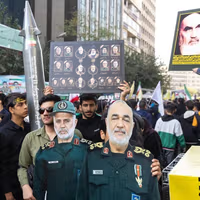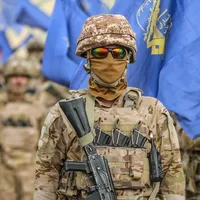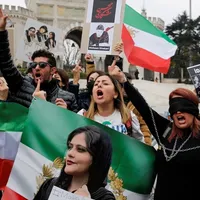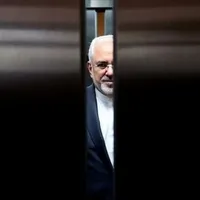Meanwhile, after enduring a month of severe summer electricity shortages, Iran limited its electricity exports to Iraq in late July. However, it is unclear whether the level of Iran’s electricity exports to its western neighbor has increased since then.
Iran also exports electricity to Pakistan and Afghanistan.
The question arises: why does the Iranian government persist in exporting electricity despite a 17,000-megawatt power deficit—equivalent to 20% of domestic demand—while local industries face halved electricity supply and widespread outages are being enforced in residential areas?
Iran's power sector in dire need of money
This issue can be examined within the context of the government's reliance on electricity revenue and the substantial disparity between domestic and international electricity prices.
For instance, this year the government is selling each kilowatt-hour of electricity at less than one cent to the residential sector, whereas the price of exported electricity is 8 cents.
Last year, Iran exported 3 TWh of electricity, which is less than 1% of the country’s total electricity production, generating $300 million in revenue.
On the other hand, Iran’s electricity company, Tavanir, is a loss-making entity and has no choice but to continue exporting electricity at higher prices.
For instance, Tavanir’s expenses for 2022 exceeded 1,000 trillion rials (approximately $1.7 billion at the free market rate), while its revenues were just over $1.2 billion.
The low price of subsidized domestically sold electricity has caused Iran’s Ministry of Energy’s debt to semi-private power producers to peak at $1.5 billion.
In addition to exporting electricity, Iran also imports it from Azerbaijan, Armenia, and Turkmenistan. In the mid-2010s, Iran had a net electricity export of 8 terawatt-hours (TWh), but due to rising electricity shortages, this figure dropped to just 1 TWh in 2022 (4 TWh exported and 3 TWh imported). The Ministry of Energy stopped publishing electricity trade statistics after the third quarter of 2023, but in the spring of last year, Iran recorded 1.2 TWh of exports and 0.8 TWh of imports, indicating that the electricity trade balance remained positive at least until that time.
It is not exactly clear how much revenue the Iranian government earned from net electricity exports last year, but estimates suggest that Iranian industries have suffered about $8 billion in damages due to intermittent power cuts.
Last year, Iran’s summer electricity deficit was 12,000 MW, but this year it has reached 17,000 MW, and naturally, the damage to industries, such as steel, will be significantly higher than last year.
The government does not clarify whether the $300 million revenue from electricity exports last year justifies the $8 billion loss to industries and the partial shutdown of government offices. Additionally, it remains unclear how much the government spent on electricity imports last year, but according to Azerbaijan’s official statistics, its electricity export price for Iran is 3 cents, while Iran’s own export prices is about 8 cents/kwh.
Retaining customers despite own shortages
Another point is that Iran has excess electricity in other seasons of the year and must retain foreign customers to ensure revenue from electricity exports outside the summer months. For this reason, even during peak summer electricity shortages, Iran is compelled to continue exporting electricity.
The situation is similar in the gas sector; Iran experiences severe gas shortages in the winter and replaces gas with large volumes of pollutant mazut and diesel fuels in power plants and industries. However, to maintain its customers (Iraq and Turkey), Iran continues its gas exports during the winter as well.
Energy exports as a tool of influence
More importantly, the Islamic Republic has consistently used energy as a political tool and leverage over its customers. A prominent example is the repeated threats by the Islamic Republic over the past two decades to cut off gas swap operations between Azerbaijan and Nakhchivan through Iranian territory. Ultimately, Azerbaijan signed a contract several years ago to transfer gas through Turkey to Nakhchivan, and this pipeline is nearing completion.
Regarding Iraq, keeping this country dependent on Iranian electricity and gas, as well as preventing river flows from Iranian territory into Iraq, effectively allows the Islamic Republic to exert pressure on the Baghdad government.
Even with Turkey, Iran has repeatedly and suddenly halted gas deliveries during the winter, causing damage to industries in eastern Turkey due to gas shortages. As a result, Turkey halved its purchase of Iranian gas last year and significantly increased its gas imports from Azerbaijan and Russia. The gas contract between Iran and Turkey is set to expire in two years.
